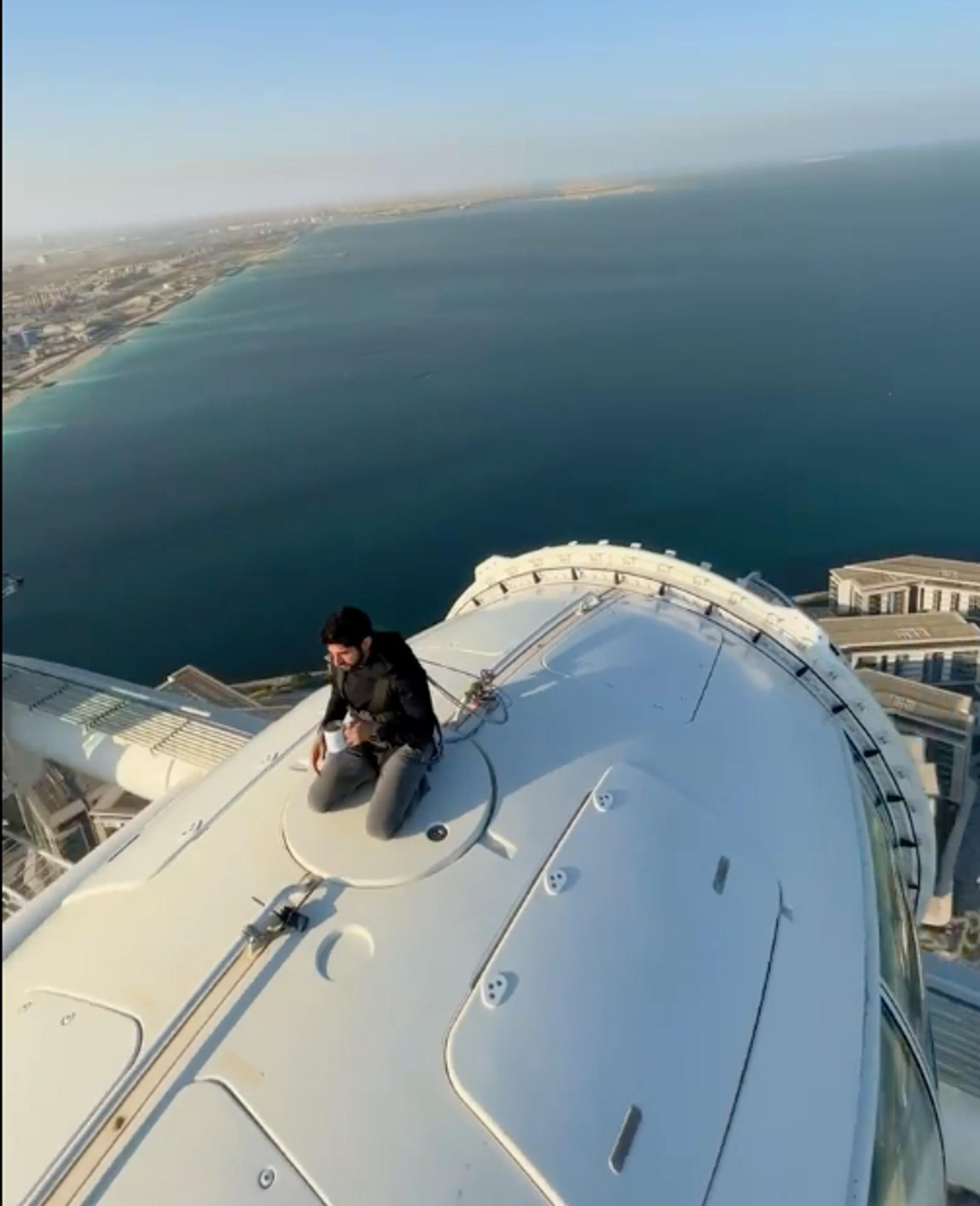Faisal’s view
Can Dubai, or the UAE as a whole, become a global hub for content creators? The idea may seem unimaginable, but then again, almost everything the nation has accomplished — building the world’s tallest tower or reaching Mars — once seemed impossible, even laughable, to skeptics.
This isn’t to say the UAE has succeeded in every endeavor, but the recent 1 Billion Followers Summit in Dubai highlights why the city may have the edge in its next big ambition. Now in its third year, the summit has grown by 60% in size and participation, underscoring Dubai’s appeal as a destination for influencers and content creators.
Dubai has long served as a striking backdrop, both for homegrown influencers like Supercar Blondie and visitors such as the British “What’s your dream?” sensation Simon Squibb, who won the summit’s $1 million “content for good” prize last week.
The Emirate’s own Crown Prince, Sheikh Hamdan bin Mohammed Al Maktoum, exemplifies Dubai’s “content creation for good” culture. An Instagram aficionado — known to his 16.8 million followers as Fazza — he uses social-media accounts to promote Dubai’s landmarks with eye-catching stunts, such as sipping coffee atop the world’s biggest Ferris wheel, and to share his interests: family values, animal welfare, and protecting the environment.

It’s easy to brush off the motive behind attracting TikTokers, Snapchatters, and Instagram influencers as yet another attempt to simply promote Dubai and the UAE. But there’s more to this push than clicks: For Dubai, which is already the world’s third most-visited destination, the creator economy is one more vertical for economic diversification.
In my 15 years of living, working, and visiting Dubai, I’ve seen the city attempt to become everything from a hub for Islamic finance to a crypto capital, with free zones dedicated to industries. Content creation is the latest target, and for good reason.
The creator economy is valued at $250 billion, growing nearly three times faster than global GDP, according to Mohammed Gergawi, UAE Minister of State for Cabinet Affairs and architect of the 1 Billion Followers Summit. Gergawi said at the event that technology will enable humanity to produce as much content in the next 30 years as in the past 30,000 combined. The UAE clearly wants a share of this booming industry, launching initiatives like Creator HQ, which aims to attract 10,000 influencers to the country.
Of course, there’s the question of censorship. Critics argue that the UAE isn’t a democracy and doesn’t protect freedom of expression. While it would be futile to counter these arguments, my view is that many democracies aren’t without challenges, either. The US, despite its First Amendment, is considering a nationwide TikTok ban, while memories of the UK’s GCHQ destroying The Guardian’s computers over Edward Snowden’s leaks remain fresh in many people’s minds.
Such criticisms were also raised when Dubai launched a media-free zone in 2000. Yet 25 years later, the city, and the UAE at large, remain home to regional offices for CNN, CNBC, and Bloomberg — and unlike in the US, there is no animosity towards them in the UAE or anyone calling them “fake news.”
The UAE’s outreach to the creator economy is a repeat of a playbook it has perfected over decades. If history is any guide, Dubai will succeed in branding itself as a global hub for content creators. Many influencers already seem to “like” the idea.
Faisal J. Abbas is an award-winning journalist and Editor-in-Chief of Arab News.
